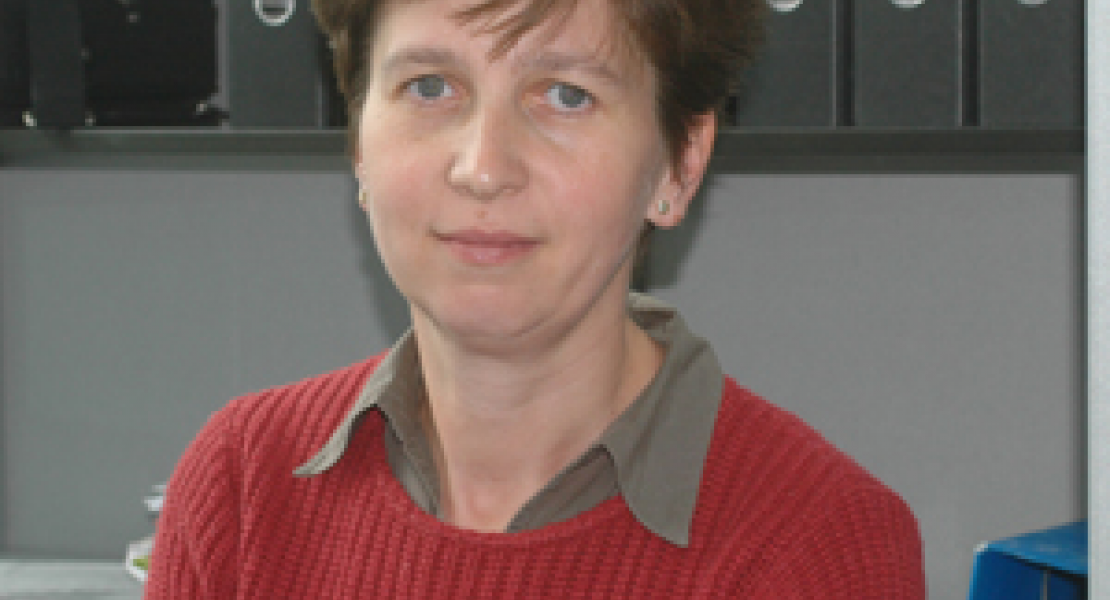We enjoy each other’s scientific successes, including ERC grants.
Eva Benková and Jiří Friml share their lives. Privately and professionally. They are both tenure professors at the Institute of Science and Technology in Vienna, fascinated by hormonal interplay and signal transduction in plants, alumni from the VIB-UGent Center for Plant Systems Biology (2007-2012), and both are ERC Grantees. Nevertheless, they run their own research groups. Eva studies the molecular mechanisms and principles underlying hormonal interactions in plants. Jiří is mainly focused on how the plant hormone auxin regulates development.
How difficult has it been as a married couple to develop independent careers?
Jiří: “It is extremely common in the research world that both partners are scientists. For obvious reasons: if you are young and have the ambition to become a dedicated and successful scientist, you live in the lab. The probability that you find your girlfriend there is far higher than anywhere else.”
Eva: “The advantages are that we have more understanding for each other’s needs and choices. Also we both have flexible working hours and duties, which is a benefit for family life, especially when you have children. We also share information if one of the two goes to a meeting. So, for many practical aspects, it has advantages.”
Although you work at the same institute, you both run independent labs. That is a conscious choice?
Jiří: “Absolutely. That was even one of the important reasons why we joined VIB in 2007. At that time, I was already a full professor a the University of Göttingen and the head of the Department of Plant Cell Biology. If Eva wanted to continue doing research, she needed to join my department. I did not want to be her boss and
she felt ready to set up an independent career. And that was exactly what VIB offered her. A lucky coincidence was that at the same time the Flemish Odysseus program started, which gave me the opportunity to move to Ghent as well. Of course, other factors also played: the research environment, the international reputation of the VIB-UGent Center for Plant Systems biology, the great colleagues that we already knew and collaborated with, the perspectives on funding, … all these elements created the perfect mix.”
Why did you leave in 2012?
Eva: “There were mainly personal reasons. The kids were growing up and we realised we had to settle somewhere long term. Furthermore, our parents were getting older and they really needed our attention. Both families live in the provinces of the Czech and Slovak Republics respectively. It was far from obvious to regularly take a plane from Brussels to visit them. It is much closer now that we live in Vienna.”
Jiří: “From a scientific point of view, it may have been easier and more efficient for me to stay in Flanders, but one has to make the balance between professional and family life and IST was also very attractive in their dedication to basic research and strong interdisciplinarity."
Jiří, you obtained an ERC grant in 2012. Did this grant have a similar impact on your career?
Jiří: “For Eva the ERC grant was certainly the turning point in her career. My ERC grant had a lower impact. The lab was already established; many projects were up and running etc. What the ERC grant meant for Eva, was a grant in 2002 from the Volkswagen Stiftung for me. That grant really put me on track. Of course, the ERC grant was very welcome. It provided continuity on a longer term. Such a grant always makes a difference.”
Have your research interests changed since you left VIB?
Eva: “It is not because you change institute that your research changes overnight. There is a gradual evolution. We both still have common projects with ex-colleagues in Ghent. “
Jiří: “About 70% of the research we are doing now, is a continuation of the research lines that we started at VIB. Because of the different focus of the IST in Vienna, the presence of colleagues with other ideas and the different technological environment, we embarked on new projects that we would never have started in Ghent. “
Is the research climate different in Austria compared to Flanders?
Jiří: “It is more difficult to get national funding in Austria because there is much less orientation towards plant science. The resistance against GMOs is bigger. Also, IST is more oriented towards basic science, so we are less encouraged to do applied research. I don’t want to judge whether that is an advantage or a disadvantage, but there is a difference in philosophy between VIB and IST. On the other hand, we also have fantastic central facilities here, efficient administrative support and a friendly research environment. So there are currently no strong incentives to move elsewhere.”
- Log in to post comments
